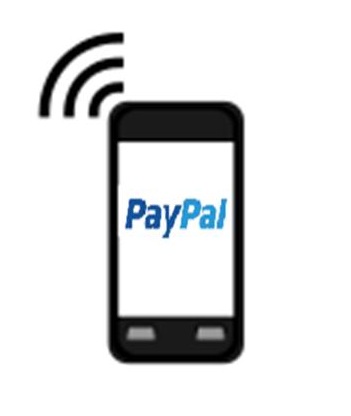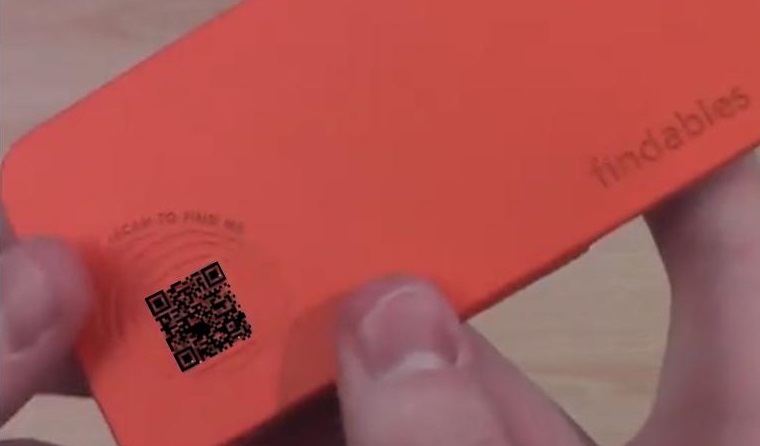PayPal continues to dominate the mobile payments field
The mobile commerce sector is rife with competition. The growing popularity of mobile payments of consumers has encouraged numerous startups to emerge, each looking to beat one another in the hopes of gaining consumer support. The problem, however, is that there is already a well established commerce platform that has muscled its way into the mobile sector: PayPal. The company has been involved in mobile payments for years before mobile commerce began gaining significant attention around the world and its presence in the sector may be too much for smaller companies to handle.
Competition may be too much for startups to handle
Consulting firm Crone Consulting LLC suggests that the mobile commerce market has become over saturated. There are numerous startups working against one another to appeal to consumers. Many of these organizations are offering mobile payments processing systems that are fee-free. While this may be attractive for merchants that are reaching out to mobile consumers, the fact that these startups are not making any money off these transactions has created some uncertainty among consumers.
 Venture funding may not be an adequate option for mobile commerce startups
Venture funding may not be an adequate option for mobile commerce startups
Many mobile payments startups are backed by venture funding. When this funding runs out, however, these companies may be unable to generate a profit or cover the costs associated with the services they offer. Some may be forced to begin charging a fee to process mobile transactions, which may lead to an exodus of clients they acquired through the promise of fee-free services. Others may simply close shop because they cannot afford to continue operation. Those that are determined to persist in the market will have to face PayPal, which boasts of $20 billion in mobile payments on a yearly basis.
Companies may find some success by focusing on very small niches in the market
According to a recent study from market research firm Gartner, the mobile commerce market is expected to reach $235.4 billion in global transaction value by the end of this year. The market is expected to see promising growth throughout the near future, a fact that has generated a great deal of encouragement for those interested in entering the mobile commerce field. Startups may find it difficult to find a foothold with giants like PayPal crowding the field, however, which has led some companies to focus on very specific niches in the mobile payments sector in order to find some degree of success and solvency.

 This makes it easier to view the screen of the device to watch video or to read web content or ebooks. The company is known for offering a number of different types of case, giving consumers many options from which to choose. It is the FlexStand case that offers the fold-out stand. The FlexWrap, on the other hand, doesn’t have a stand, but is a softer design to more snugly contain the device. The FlexSnap easily snaps onto the handset.
This makes it easier to view the screen of the device to watch video or to read web content or ebooks. The company is known for offering a number of different types of case, giving consumers many options from which to choose. It is the FlexStand case that offers the fold-out stand. The FlexWrap, on the other hand, doesn’t have a stand, but is a softer design to more snugly contain the device. The FlexSnap easily snaps onto the handset.